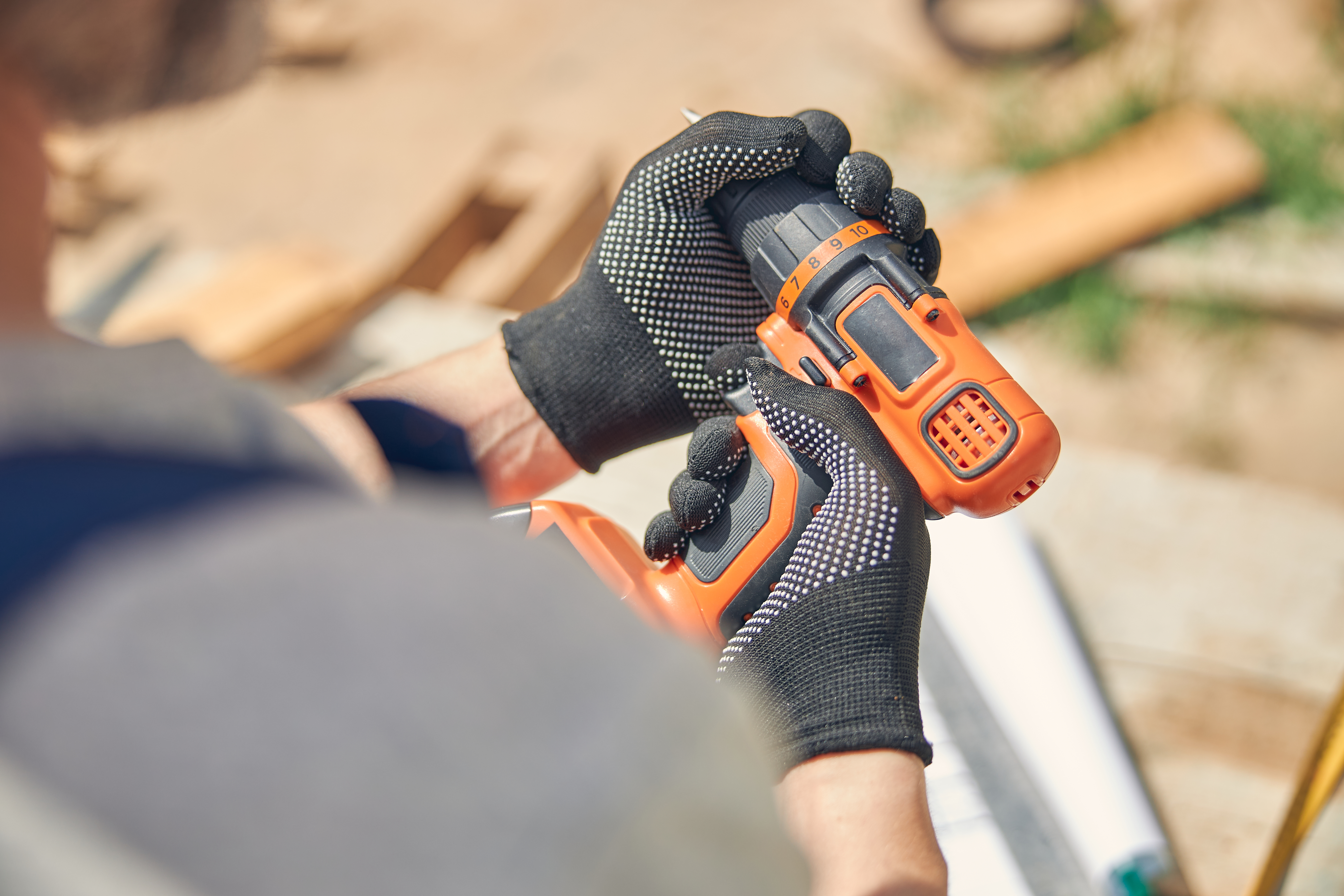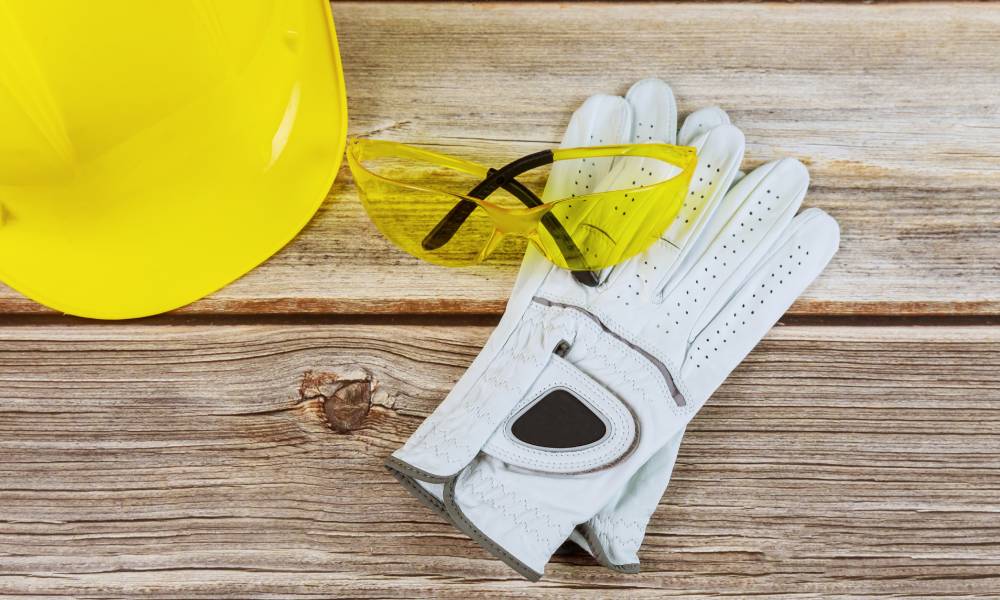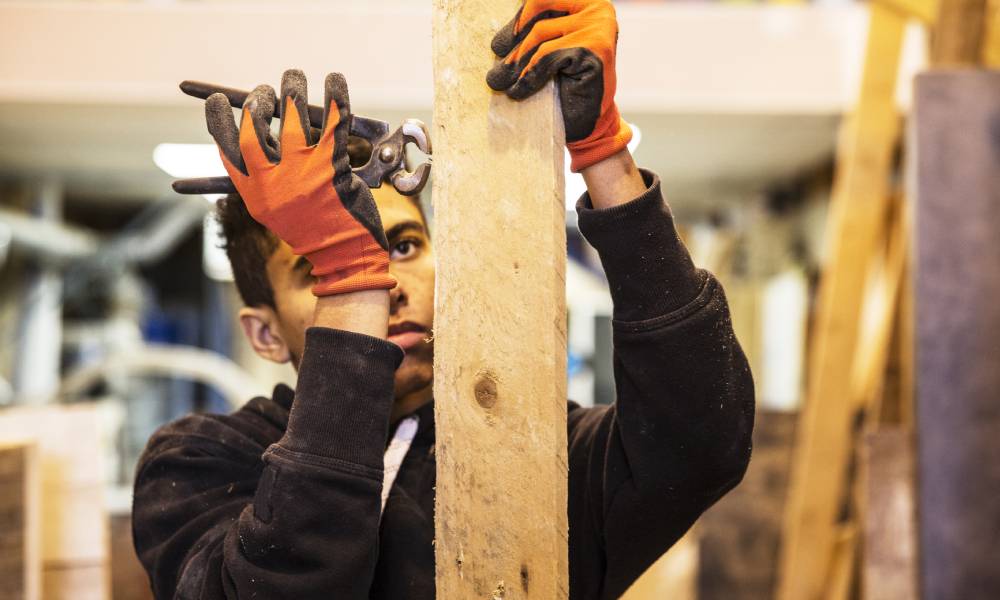
What Are the Uses of Cut Resistant Gloves?
What Are the Uses of Cut Resistant Gloves?
Cut-resistant gloves have become an indispensable tool in various industries, providing a crucial layer of protection against sharp objects and materials. These gloves, constructed from advanced materials, offer a high level of defence while maintaining flexibility and comfort. In this post, we'll delve into the multifaceted uses of cut-resistant gloves across different sectors.
Manufacturing and Industrial Applications
Cut-resistant gloves play a pivotal role in manufacturing and industrial settings, where workers are frequently exposed to sharp edges, blades, and machinery. Industries such as metal fabrication, glass handling, and automotive manufacturing benefit significantly from the protective qualities of these gloves. The gloves act as a shield, reducing the risk of lacerations and injuries during tasks involving cutting, slicing, or handling abrasive materials.
Construction and Carpentry
In the construction and carpentry fields, where sharp tools like saws, knives, and blades are commonplace, cut-resistant gloves provide an essential safety barrier. Workers can confidently handle materials like wood, metal, and glass without compromising on dexterity. These gloves enhance precision while reducing the potential for accidents, ensuring a safer work environment on construction sites and in woodworking shops.
Food Processing and Handling
In the food industry, cut-resistant gloves are indispensable for workers engaged in food processing and handling. These gloves safeguard against accidental cuts and injuries during tasks such as chopping, filleting, and slicing. The gloves' design allows for efficient and safe food preparation, maintaining hygiene standards while protecting the hands of those working in kitchens, restaurants, and food manufacturing facilities.
Healthcare and Laboratory Settings
In healthcare and laboratory environments, cut-resistant gloves find applications in tasks that involve handling sharp medical instruments, glassware, and cutting implements. Medical professionals, laboratory technicians, and personnel working in sterile environments benefit from the added protection these gloves provide, reducing the risk of accidental cuts or punctures during delicate procedures.
Waste Management and Recycling
Waste management and recycling facilities often deal with sharp objects, broken glass, and metal edges. Cut-resistant gloves are a vital safety measure for workers involved in sorting, handling, and processing recyclable materials. These gloves protect against injuries while ensuring that the sorting and recycling processes can be carried out efficiently and safely.
Landscaping and Agriculture
In the agricultural and landscaping sectors, where workers encounter thorns, sharp tools, and abrasive vegetation, cut-resistant gloves are a valuable asset. These gloves shield hands from potential cuts and abrasions during tasks such as pruning, trimming, and handling plants with sharp edges. The gloves' durability and protective features contribute to increased efficiency and reduced risk of injuries in outdoor settings.
Cut-resistant gloves are a versatile and crucial safety tool across a spectrum of industries. From manufacturing and construction to healthcare, food processing, waste management, and agriculture, these gloves provide a protective barrier against sharp objects and materials. As workplaces prioritize safety and efficiency, the diverse applications of cut-resistant gloves continue to make them an essential component of personal protective equipment, safeguarding hands and preventing injuries in various professional settings.
Beybi Plastik, since its establishment in 1949; operates in the field of personal protective work safety gloves, examination gloves production and sales, sterile surgical gloves and medical consumables sales and marketing.



